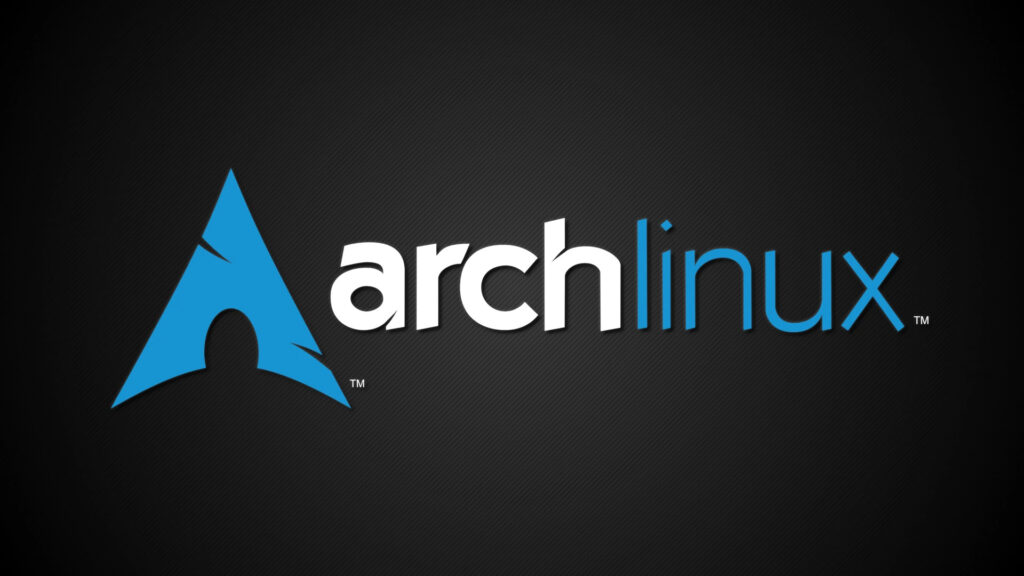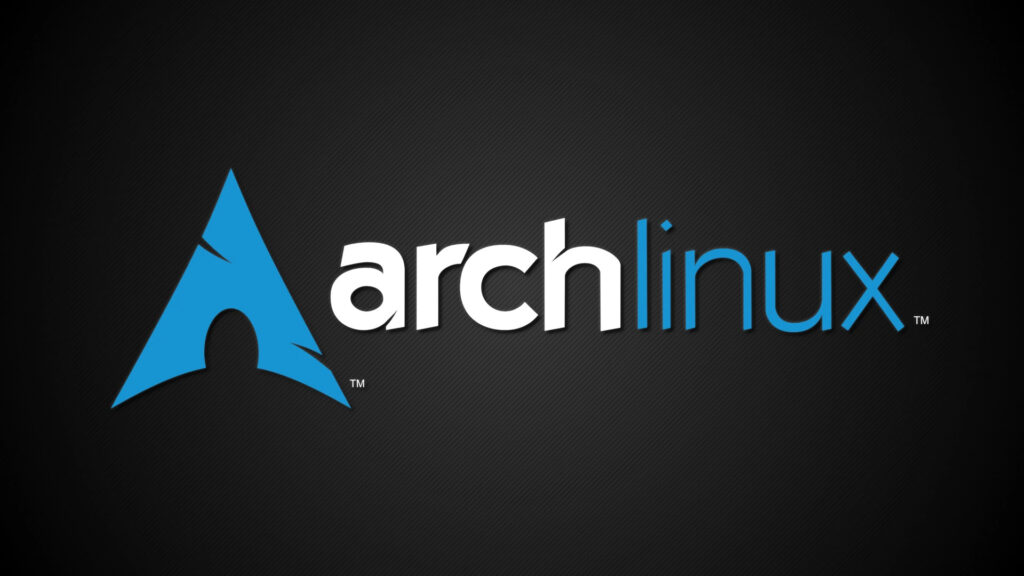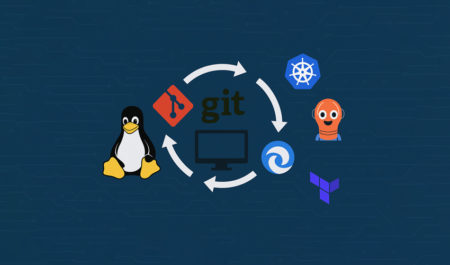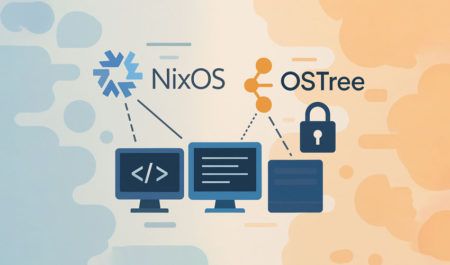
Il repository software AUR (Arch User Repository) di Arch Linux è molto popolare per ottenere pacchetti software non presenti nella distribuzione ufficiale di Arch Linux. Tuttavia, è fondamentale ricordare che AUR sta per Arch User Repository, il che significa che i pacchetti software presenti in questo repository software sono forniti dagli utenti e non sempre sono sicuri o privi di intenzioni dannose. Questa settimana è stato emesso un avviso riguardo a diversi pacchetti per browser dannosi che sono stati temporaneamente diffusi attraverso l’AUR.
Un repository software è un archivio di pacchetti software che possono essere installati su un sistema operativo. I repository software possono essere ufficiali, gestiti dai mantenitori della distribuzione GNU/Linux, o non ufficiali, gestiti dagli utenti.
Un utente di Arch Linux ha caricato, mercoledì scorso, pacchetti software dannosi nell’AUR denominati firefox-patch-bin, librewolf-fix-bin e zen-browser-patched-bin. Questi pacchetti software installavano un file binario da un repository software GitHub che si è rivelato essere un trojan di accesso remoto.
Un trojan di accesso remoto è un tipo di malware che permette a un aggressore di ottenere il controllo di un sistema infetto da remoto. Questo tipo di malware può essere utilizzato per rubare informazioni sensibili, eseguire comandi dannosi, e molto altro.
I pacchetti software sono archivi che contengono programmi e applicazioni pronte per essere installate su un sistema operativo. Possono includere file binari, script, e altre risorse necessarie per l’installazione e l’esecuzione del software.
Gli amministratori di Arch Linux sono stati informati di questi pacchetti software dannosi e, a partire da venerdì, sono stati rimossi. È importante sottolineare che questi pacchetti software dannosi erano presenti solo nell’Arch User Repository (AUR) e non facevano parte del browser ufficiale Firefox su Arch Linux o di altri pacchetti software ufficiali.
Questo incidente rappresenta un utile promemoria per gli utenti affinché esercitino cautela quando si affidano all’AUR di Arch Linux, ai PPA (Personal Package Archives) di Ubuntu, ai Flatpak e agli Snap di terze parti, e ad altri pacchetti software forniti dagli utenti che non sono sempre verificati dai fornitori delle distribuzioni GNU/Linux.
Gli amministratori di Arch Linux stanno lavorando per migliorare la sicurezza dell’AUR e prevenire futuri incidenti simili. Tra le novità introdotte, vi è un sistema di verifica più rigoroso per i pacchetti software caricati dagli utenti e strumenti avanzati per rilevare automaticamente software dannoso.
Il nuovo sistema di verifica richiede che tutti i pacchetti software caricati nell’AUR siano esaminati da un team di moderatori prima di essere resi disponibili per il download. Questo processo include la verifica del codice sorgente e la scansione per malware.
Sono stati introdotti nuovi strumenti per la scansione automatica dei pacchetti software caricati nell’AUR. Questi strumenti utilizzano tecniche avanzate di analisi del codice e machine learning per rilevare comportamenti sospetti e malware.
Per ulteriori informazioni sui pacchetti AUR compromessi, è possibile consultare la mailing list aur-general di Arch Linux.
Fonte: https://lists.archlinux.org/archives/list/aur-general@lists.archlinux.org/thread/7EZTJXLIAQLARQNTMEW2HBWZYE626IFJ/
Fonte: https://www.phoronix.com/news/Arch-Linux-Malicious-AURs
Source: Read More


